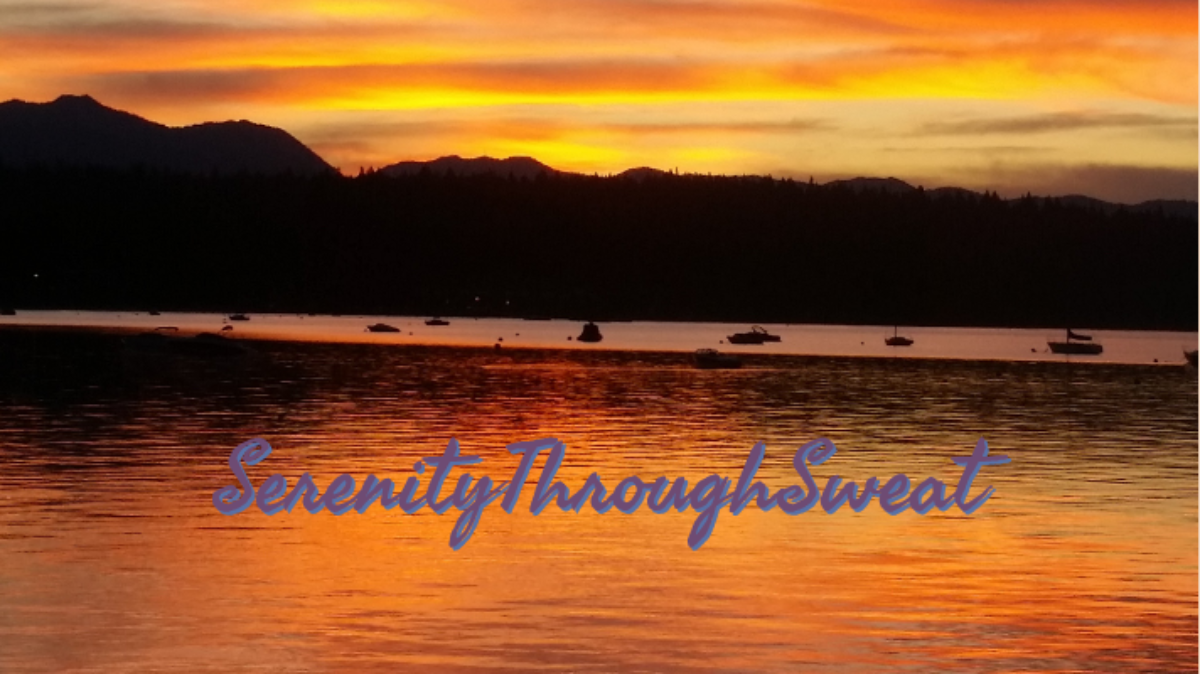Thanks for joining me for another edition of the SerenityThroughSweat blog. Continuing to work my way through linguistic research I came across the following entry from General Course in Linguistics by Ferdinand Sassure.
“A linguistic entity is not ultimately defined until it is delimited, i.e. separated from whatever there may be on either side of it in a sequence of sounds. It is these delimited entities or units which contrast with one another in the mechanism of language”
At the same time I was reading this passage I was listening to the Huberman Lab podcast with movement and mobility master, Ido Portal. When Ido spoke about movement he intentionally didn’t define it or delimit it.


You can find the full conversation on the Huberman Lab podcast, but I’ll paraphrase his message. “A fluid is delimited by it’s container but that is not the entirety of it’s being. So it is with movement”
Ido also said it was his goal to not answer any of Professor Huberman questions because words are incomplete and delimiting entities.
I was struck the the diametric opposition of these two points. It is obviously a philosophical thought experiment. One that may not have an entirely productive outcome. But, I found it fun to engage in none the less.


On the one hand, a linguistic unit (not always as simple in academic terms but for our purposes today: a word) only has meaning by it’s delimitation from all other words. On the other hand, an idea, being delimited by a word will often fail to capture the entirety of it’s essence or being.
Words are our most effective tool to express ideas. But words are an imperfect tool. Both Sassure and Portal approach the same point, that words are primarily negatively defined entities, from different angles.
That means that words are defined more so by what they aren’t, than what they are. It is easier to define a difficult word by pointing out how it is unlike other words than what it actual is itself.




Think about a word like morose: “having a gloomy or sad disposition”. But feeling morose isn’t gloomy, or sad, or upset, or depressed. If it were, those words would do, and there would be no need for morose. The same could be said of ecstatic. Happy, joyful, glad, excited… All of these words are close but not exact. We define our some of our most important words negatively, by how they are unlike other “known” quantities.
I think that is why there is such beauty in art. Whether it is the written word, music, or some form of visual expression or story telling. We appreciate the exquisite exchange of ideas.
With an inherent knowledge that words are imperfect, and negatively defined, we are captivated when the right combination of words transcends those boundaries. When a passage speaks to us in a way that isn’t delimited by it’s container. When we feel that we truly understand it’s essence.


Maybe it was your favorite song. A poem that spoke to you. A passage by your favorite author. We all have some array of words which has deeply touched us and conferred meaning beyond the sun of their parts.
Riding through a zwift academy workout this morning “The Light” by Common came on. The rapper’s take on complex topics accompanied by captivating beats, is rivaled only by his longevity in the industry. The song is a dive into relationship communication and one line stuck with me as I struggled to breath through the above FTP effort.
“I never call you my b*tch or even my boo, there’s so much in a name, and so much more in you.”




Words are incredible tools. Occasionally we can string them together in a way that is transcendent. For the rest of the time there is beauty in the struggle to define essence with imperfect tools.
Thanks for joining me, stay safe and stay sweaty my friends.










